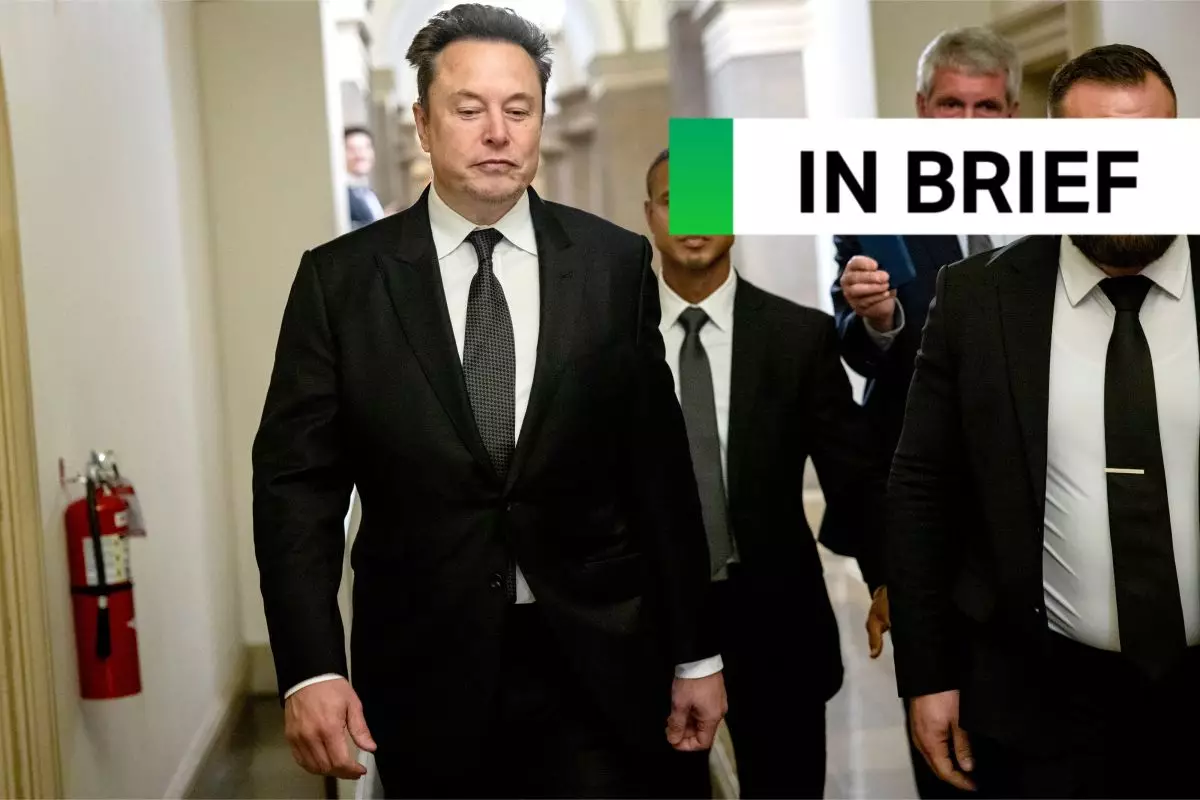Recently, a top court in Brazil made a significant decision to suspend the X platform across the country. This ruling came after a prolonged legal battle between the court and Elon Musk’s social media company regarding content moderation. The court’s order includes a provision that individuals using VPNs to access the X platform will face daily fines of 50,000 reais, approximately $8,900. However, there is uncertainty surrounding how the enforcement of this decree will be carried out.
X took a stand earlier this month by ceasing its operations in Brazil as a form of protest against court mandates demanding the removal of accounts accused of spreading misinformation. The company cited instances where Brazilian Supreme Court Justice Alexandre de Moraes allegedly threatened their legal representative in Brazil with arrest if compliance with censorship directives was not met. In response to mounting pressure, Moraes cautioned X that failure to appoint a legal representative in Brazil would result in a ban on their services within the country.
Expressing strong opposition to what they deemed as unlawful demands, X’s global affairs team stated their refusal to adhere to the court’s directives. They voiced concerns that Judge Alexandre de Moraes would eventually order the shutdown of the X platform in Brazil due to their non-compliance with what they perceived as efforts to stifle political adversaries. Despite the impending actions threatened by the Brazilian top court, X remains adamant that they will not yield to these directives and will make the court’s demands public in the near future.
The legal dispute between X and the Brazilian court reflects a broader debate surrounding freedom of speech, censorship, and content moderation on social media platforms. The case highlights the challenges faced by tech companies operating in diverse political landscapes and the delicate balance between upholding local laws and preserving open communication channels. As the situation continues to unfold, it raises questions about the role of governments in regulating online content and the responsibilities of social media companies in navigating such complex legal environments.

